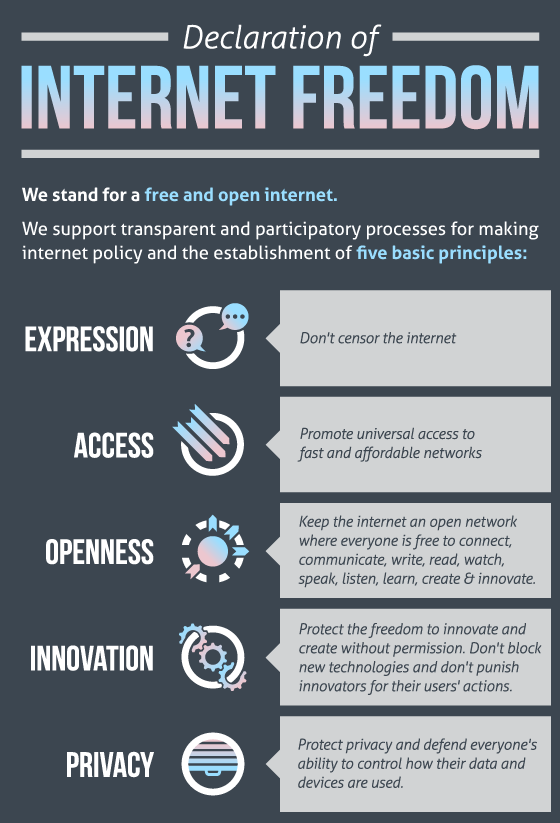 No not money itself, the company that loans it out.
No not money itself, the company that loans it out.Wonga.com have come in for a significant amount of flak for their business practices. I have to admit, I gawped as soon as I saw the interest rate of a whopping 4,214% typical APR. I initially shrugged it off as a business that would only appeal to the most desperate of people.
However, the creators of the business gave an interview to the UK edition of Wired this month and they have a lot of interesting points to make. None of which are likely to escape the techno-fanboy realm of Wired; and they certainly won't make it into the pages of the likes of the Guardian.
Wonga argue that they are disrupting what has fundamentally been a monolithic monopoly market by providing small, short term loans. Something that the current banking sector in the UK simply does not service. In the interview the creators claim that customers want three things from such a service: "Firstly, simplicity - the ability to borrow what they want, when they want. Secondly, speed - the transaction needs to happen fast. Thirdly, they want to know exactly and clearly what the loan is going to cost them whether they pay on time, pay early or even miss their deadline."
Banks, they argue, have no incentives to meet these needs. Internet technologies however make all three perfectly servicable.
Errol Damelin (one of Wonga's creator) even goes on to make the oft-made by libertarians, rarely-heard by others, corporatist point: "Banks love regulation. They have been better than anyone else at co-opting it to suit themselves. They love embedding themselves into the messy greyness of how policy is created. And that makes it harder for them to innovate. They're all wink-wink. They don't compete. When did you last hear of a bank competing to bring down the cost of CHAPS payments? When was the last time you saw an interesting new Barclays product? I don't think ever."
And looking at the figures Wonga no longer seems so bad or as exploitative as their detractors have made out. Despite the horrifying interest rate, in practice it would mean a loan of £400 repayable over 30 days would come to £525.48. I've occasionally been up the proverbial creek because an employer has screwed up my pay and my rent and bills are due the next day. I can certainly see occasions where Wonga's services could have been useful in the past and in today's increasingly hand-to-mouth economy I can see why other people might have cause to use them too.
The position is that they are not exploiting people, but providing a service to a generation that has had expectations of flexibility and speed for some time in this sector that simply are not met.
Damelin puts its utility this way in the interview: "We do small, short-term things, and the cost of delivering that service is high.....Catching a cab might be expensive, but it's convenient and nobody complains that being charged £15 for getting across London is immoral."
And the competition?
It gets more interesting: In order to provide an incredibly fast turnaround for their loans, Wonga have opted to have sameday loan applications processed solely by their algorithm. You read that right. No human input.
Their algorithm uses a bespoke method of credit scoring that learns from previous transactions. I, and many others it seems, supposed that the business must have a high default rate. Initially they used the same credit scoring methods as the rest of the finance industry, leading to a 50% default rate from the customers who were being granted loans. However as they moved away from this system and onto their own algorithm, the default rate dropped to single figures (they refuse to release the exact figure however they claim that it is industry leading). The typical default rate assumed by banks is 10%.
This means that despite being in the most high-risk financial sector Wonga are outperforming the high-street banks. They speculate that they could possibly do the same for consumer banking. It's an interesting thought that such an upstart could seriously challenge the retail banking monopolies isn't it?
Your virtual body of evidence
In amongst the innovations and the counterpoints to the bad press Wonga have got there is an important warning. One that our errant media has failed to note: Wonga's nearest competitor, U.S. based prosper.com process all of their applications manually and yet end up with a 40% default rate. Wonga's algorithm works on up to approximately 30 pieces of information initially supplied by the applicant and then finds a further "6,000 to 8,000 online data points that relate to the applicant".
 Wonga won't say what those data points are, so one is immediately drawn to asking what they must be. Social media will definitely be a large factor (there exists a similar facility named Duedil that harvests social media such as LinkedIn to assess the soundness of companies for example...), which means an enormous amount of people are revealing patterns in their online data that they are probably not aware of themselves. This is a recurring theme in my own research - finding and helping people to expose such patterns, with the normative judgement that people should have access to their own data - and patterns - to enable them to be self-aware enough to avoid being manipulated by others who hold that knowledge. Wonga have mastered these techniques to the point of being able to create a multi-million pound turnover on the back of it, which means the data and the patterns hidden within are of significant value.....
Wonga won't say what those data points are, so one is immediately drawn to asking what they must be. Social media will definitely be a large factor (there exists a similar facility named Duedil that harvests social media such as LinkedIn to assess the soundness of companies for example...), which means an enormous amount of people are revealing patterns in their online data that they are probably not aware of themselves. This is a recurring theme in my own research - finding and helping people to expose such patterns, with the normative judgement that people should have access to their own data - and patterns - to enable them to be self-aware enough to avoid being manipulated by others who hold that knowledge. Wonga have mastered these techniques to the point of being able to create a multi-million pound turnover on the back of it, which means the data and the patterns hidden within are of significant value..... Point someone to this blog entry next time someone questions you as to why you don't want the state gathering more information on you than you want it to....








4 comments:
This is very interesting. If one defaulted then, on them, would that then enter the mainstream credit rating? In other words, do they play ball with their competition?
That's an interesting question James.
The interview doesn't seem to give much of a clue but given that they don't see the traditional credit scoring methodology as accurate for their purposes I can see how they might reason that there is little point in then reporting people to the same agencies.
On a related note, there's another interesting tidbit that I'll repeat in full:
"From a sample of 1,500 borrowers, he [Damelin] says, 95% said that they were "satisfied" or "very satisfied" with their experience of his company. These are numbers that conventional, regulated, high-street lenders would be extremely happy to achieve. (Whicn?'s recent customer satisfaction ratings put the Bank of Scotland at 41%. The industry average is 61).
Damelin points out that the Wonga numbers are better even than Apple's customer ratings - 86%, according to the American Customer Satisfaction Index."
Interesting stuff. Reminds me of the (er, guardian!) story about micro-credit recently: shock, people using it like everyday credit, not just for business investment!
p.s. that's a great accompanying pic at the top. The filename suggests it has something to do with Seoul...? Is there a streetmap in there?
The inteerst rates look (and are) awful if you keep the cash for a year, but this is a short term deal. It is rather like saying "you have just eaten a Mars Bar, do you realise if you eat a Mars Bar every five minutes for the next month, you will be a fat bastard"
True, but out of context.
And there is our old friend freedom again, if someone wants to buy and someone wants to sell, and no third party is harmed, it's not really anyone else's business.
Post a Comment